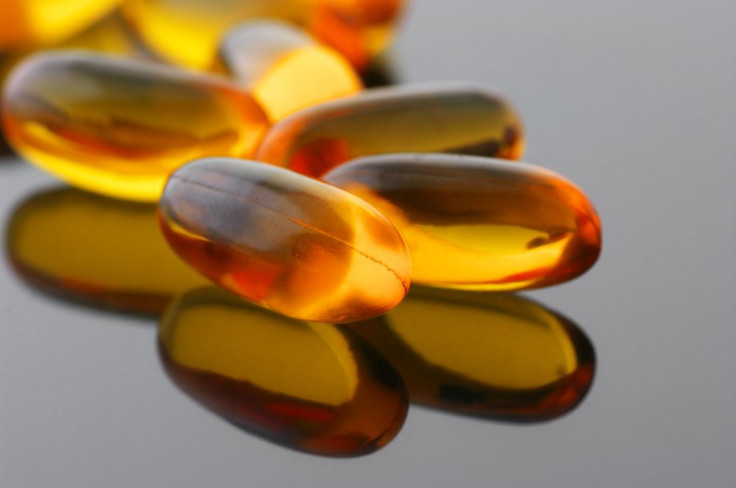Fish Oil Neutralizes Chemotherapy Drugs In Mice, May Have Same Effect In Humans

It’s been a tough week for fish oil.
First, The New York Times reported fish oil claims, such as lowering risk of heart attack and stroke, are not supported by research. And now, a JAMA study found fish oil might neutralize the effects of certain chemotherapy drugs. In fact, researchers believe people taking fish oil lose half the effect of chemotherapy.
Fish oil is an essential fatty acid available in supplement and natural form. Its natural sources are fatty fish, such as salmon, mackerel, and herring, as well as walnuts, flax, hemp, eggs, and spinach. Fatty fish tends to be a primary source of fatty acids, and for those who don’t get enough of it — or simply don’t like it — supplements are an easy and convenient alternative. Or at least that’s been the idea.
Dr. Emilie Voest, study author and medical director of the Netherlands Cancer Institute, first made this connection in mice in 2011. Time cited he “found certain stem cells in mice with cancer that he was studying also produced fatty acids, and that these fats neutralized the effects of chemotherapy.” While he and his team took another look at mice in the new study, they also recruited healthy human volunteers to participate.
Researchers found mice (with tumors) and humans taking fish oil had higher blood levels of fatty acids for several hours after the fact. Even when healthy volunteers took the recommended daily amount of 10 milliliters (about two teaspoons), they experienced “an almost complete normalization of blood levels.” Additionally, researchers looked at volunteers eating actual fish, and found eating 100 grams of herring and mackerel also increased blood levels. Eating tuna, however, didn’t affect blood levels, while salmon consumptions had a small, short-lived effect on the blood.
It’s important to note the present study didn’t test these effects on cancer patients currently receiving chemotherapy. Since the animal data showed fish oil could compromise the effects of treatment, Voest told Time it was “unethical in our view to demonstrate that chemo combined with fish oil was less effective than chemo alone.”
That said, Voest did survey 118 cancer patients about their use of nutritional supplements: 30 percent reported regular use, while 11 percent used supplements containing fatty acids.
“These authors went beyond theory and showed with animal data that there may be an impact,” Dr. Don Dizon, co-director of gynecologic oncology at Massachusetts General Hospital and a spokesperson for the American Society of Clinical Oncology, told Time. “And in the absence of human data, we need to take this quite seriously and discuss these results with our patients.”
Researchers concluded that until further data becomes available, cancer patients should temporarily avoid fish oil during chemotherapy.
Source: Voest E.E., et al. Increased Plasma Levels of Chemoresistance-Inducing Fatty Acid 16:4(n-3) After Consumption of Fish and Fish Oil. JAMA Oncology, 2015.



























